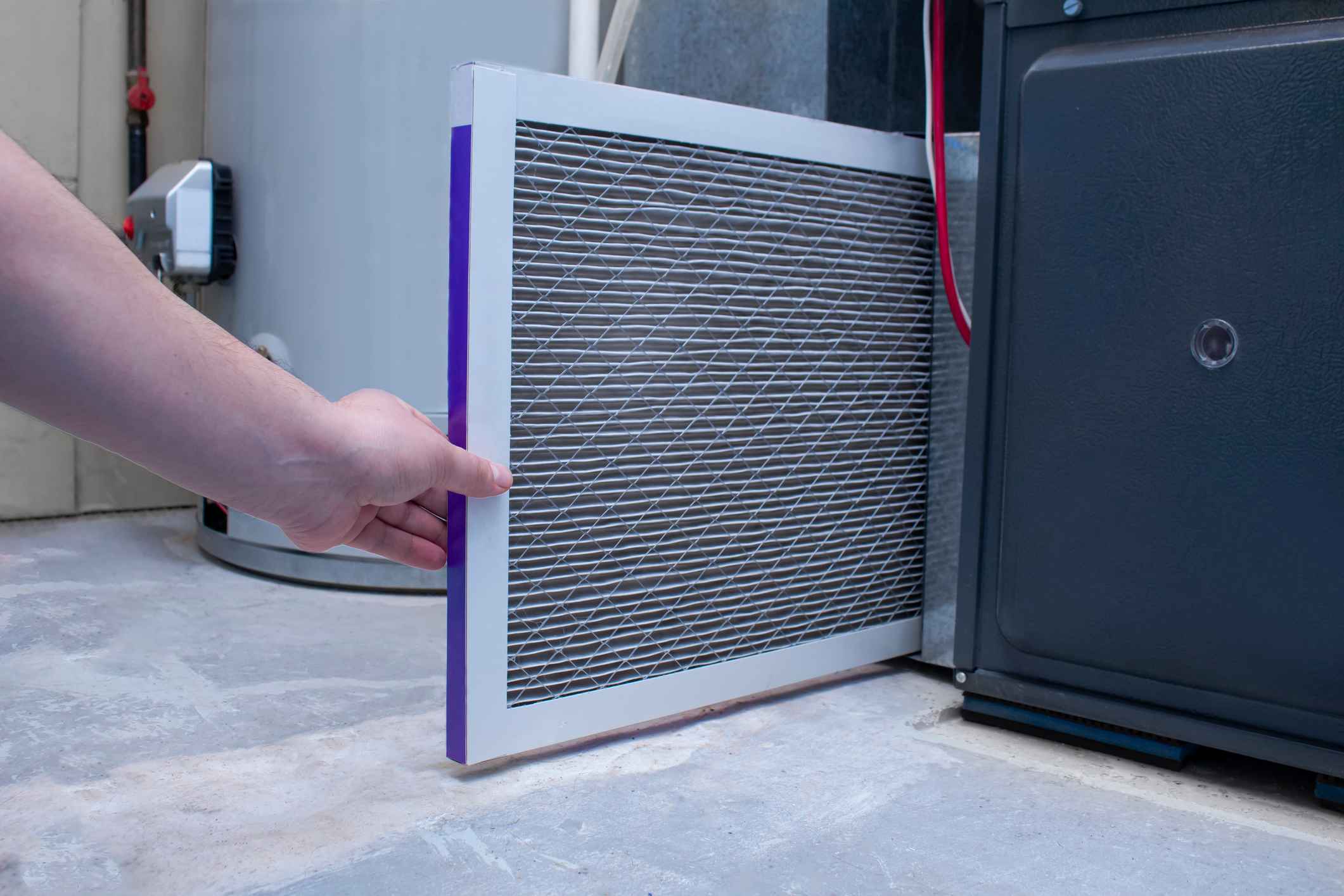4.8 Google Rating
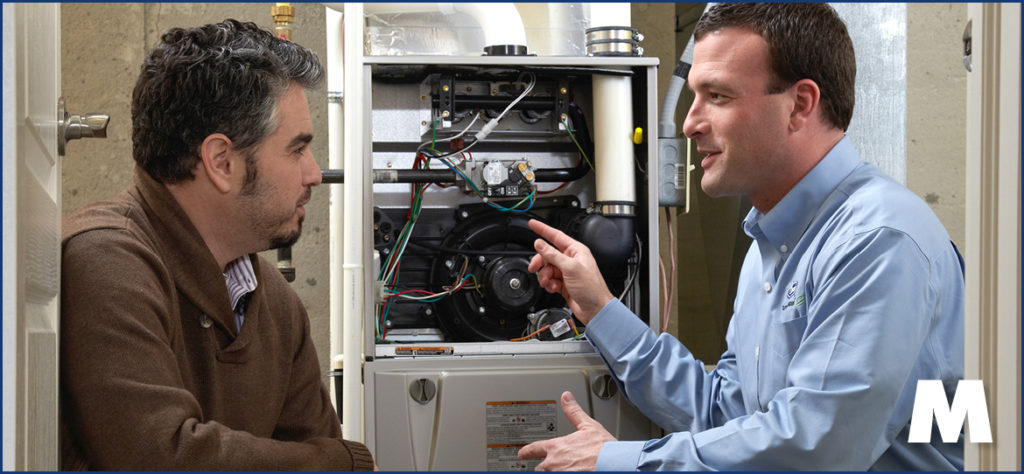
Weird HVAC Noises and When to Worry
Your HVAC system is designed to operate smoothly and quietly in the background. However, when unusual sounds start to emerge, it’s often a sign that something isn’t right. Different noises can signal various issues, from minor fixes to more serious repairs. Here’s a guide to common HVAC noises, what they might mean, and when you should consider calling a professional for help.
1. Banging or Clanking
If you hear loud banging or clanking sounds coming from your HVAC system, it could indicate a loose or broken part. Common causes include loose fan blades, a dislodged blower assembly, or worn-out motor mounts. Banging sounds can worsen over time, leading to further damage if left unaddressed.
When to Worry: Loud banging noises should be addressed promptly, as they can signal parts that are about to fail. Call an HVAC professional to inspect and tighten or replace any loose components before the issue leads to more costly repairs.
2. Hissing
A hissing sound is often a sign of an air leak in your ductwork or a refrigerant leak within the system. If the hissing is constant, it could mean refrigerant is escaping, which reduces the system’s ability to cool effectively and may harm the environment.
When to Worry: Refrigerant leaks should be addressed as soon as possible, as they can impact your system’s efficiency and cooling performance. An HVAC technician can locate and seal the leak, recharge the refrigerant, and restore proper operation.
3. Squealing or Screeching
High-pitched squealing or screeching sounds usually stem from issues with the motor or blower. Worn-out belts, bearings, or motor issues can cause this noise, often indicating that a component is nearing the end of its lifespan.
When to Worry: Squealing sounds are an early warning that parts need replacement or repair. Addressing the issue early on can prevent more extensive damage to the motor, keeping repair costs down and extending your system’s life.
4. Clicking
Clicking noises are common when your HVAC system starts up or shuts down, but if the clicking is continuous, it may indicate an electrical issue or a malfunctioning thermostat. Problems with relays or failing electrical components can cause persistent clicking.
When to Worry: Continuous clicking should be inspected by a professional, as it could signal an electrical malfunction. Electrical issues can compromise system performance and, in some cases, pose a safety risk, so it’s essential to get them checked out promptly.
5. Rattling
Rattling sounds often indicate loose parts or debris within the system. Over time, screws, bolts, and other components can loosen due to regular operation, leading to rattling sounds when the system is running. Rattling can also occur if debris like leaves or twigs enter the outdoor unit.
When to Worry: Minor rattling can often be fixed by tightening loose screws, but if the noise persists, it may signal a deeper issue. Routine HVAC maintenance can help prevent rattling sounds and ensure your system’s components are secure and debris-free.
6. Buzzing
Buzzing sounds are commonly caused by electrical issues, such as loose wiring or failing electrical components. Dirty condenser coils or a malfunctioning fan motor can also cause buzzing noises, as can an overworked compressor.
When to Worry: Electrical issues should be handled by a professional, as they can pose a risk if left unchecked. A technician can inspect the system, identify the cause of the buzzing, and take corrective action to restore safe operation.
7. Thumping or Thudding
Thumping or thudding sounds are often associated with an unbalanced blower wheel or motor. These sounds may become louder over time if not addressed, and they can lead to increased wear on system components.
When to Worry: If you notice thumping noises, it’s a good idea to have your HVAC system inspected to correct the imbalance. Ignoring the issue can lead to more significant damage to the blower or motor, so prompt attention is recommended.
8. Whistling
A whistling sound is usually a sign of restricted airflow, often due to a clogged air filter, closed vents, or ductwork leaks. When airflow is restricted, the system has to work harder to move air, which can lead to increased wear and higher energy bills.
When to Worry: Whistling is generally easy to resolve by changing the air filter or checking vents and ductwork for obstructions. Regular filter changes and airflow inspections can help prevent whistling sounds and improve system efficiency.
Conclusion: Address HVAC Noises with McCullough Heating & Air Conditioning
Strange noises are often your HVAC system’s way of signaling a need for maintenance or repair. By addressing these sounds early, you can prevent further damage and ensure your system continues to operate efficiently. McCullough Heating & Air Conditioning is here to help Austin homeowners with prompt and professional HVAC inspection and repair services. Contact us today to schedule a service and keep your HVAC system running smoothly and quietly.
Recent News
Free Energy Audits for Westlake Homes: Cut Energy Bills, Boost Comfort & Upgrade Smarter
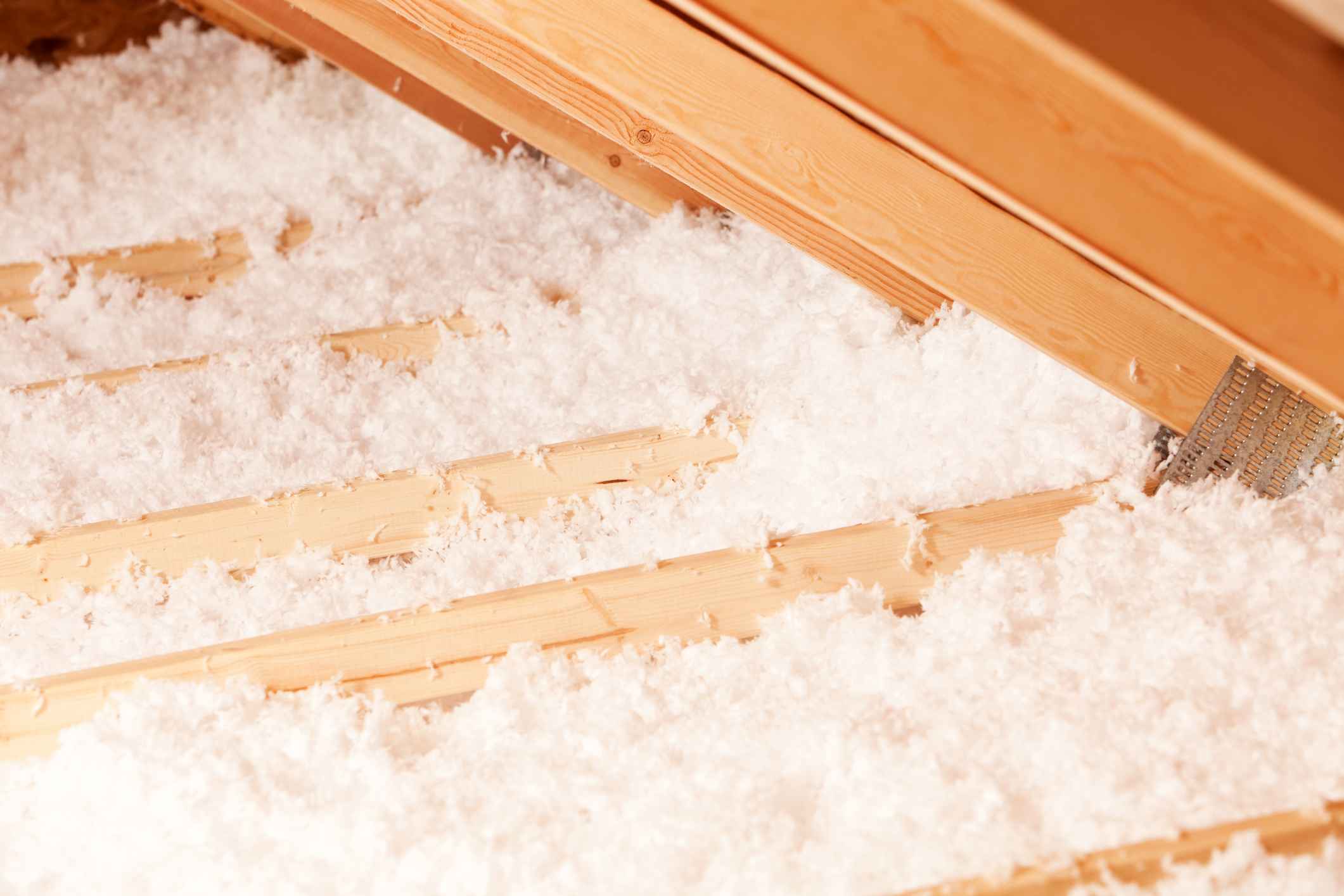
Is Your Austin Home Using Too Much Energy? Here’s How a Free Energy Audit Can Help You Save Big
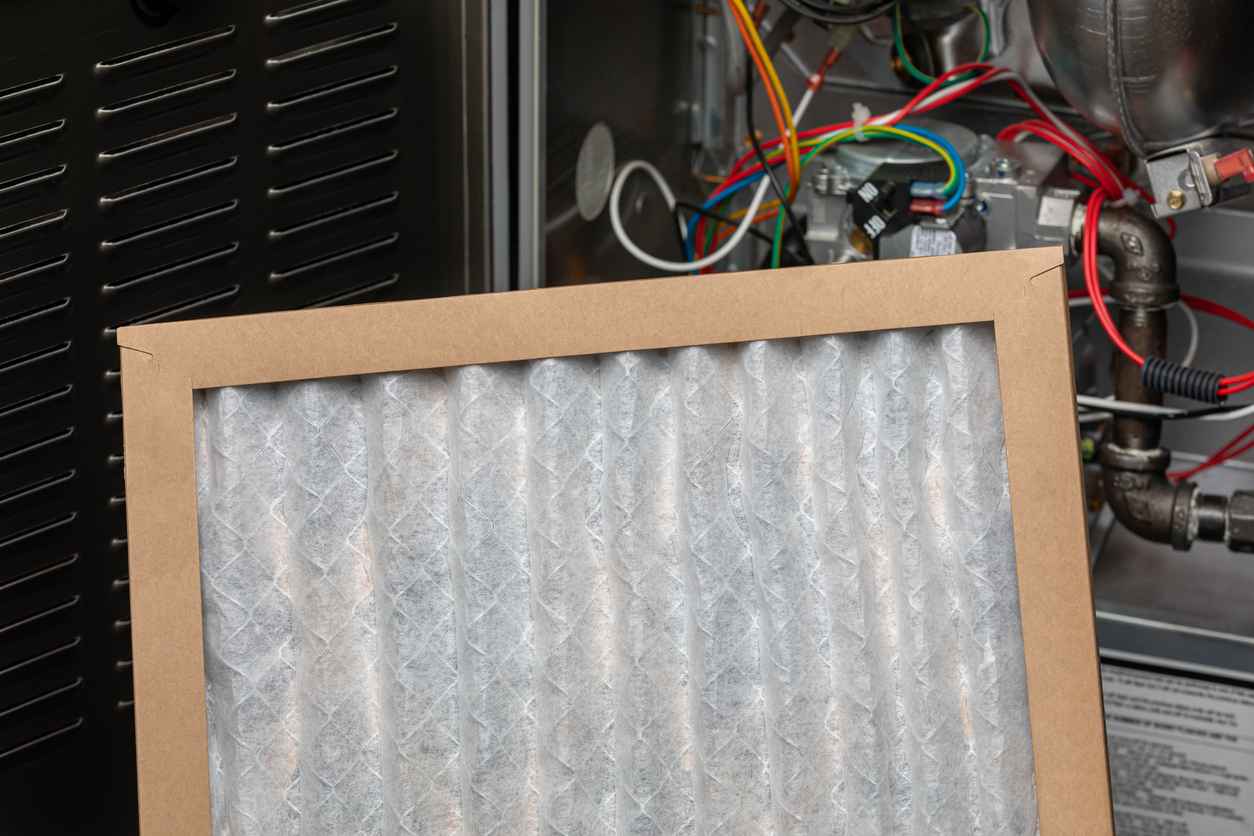
Cold Snap Coming? What Austin Homeowners Should Do Now to Prevent Heat Loss and Heating System Failure
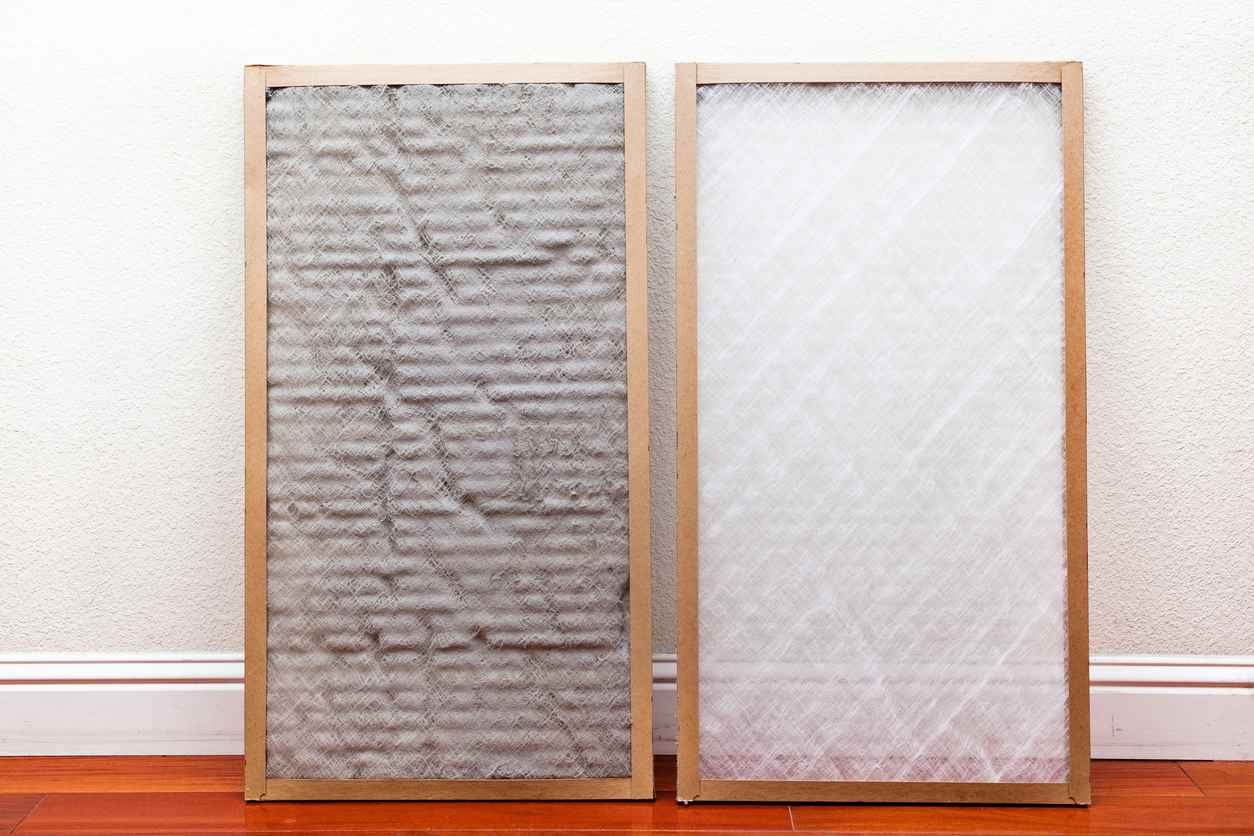
Best HVAC Filters for Cedar Fever in Austin

HVAC Maintenance Tips for West Lake Hills Homes with Larger Floor Plans and Multiple Zones
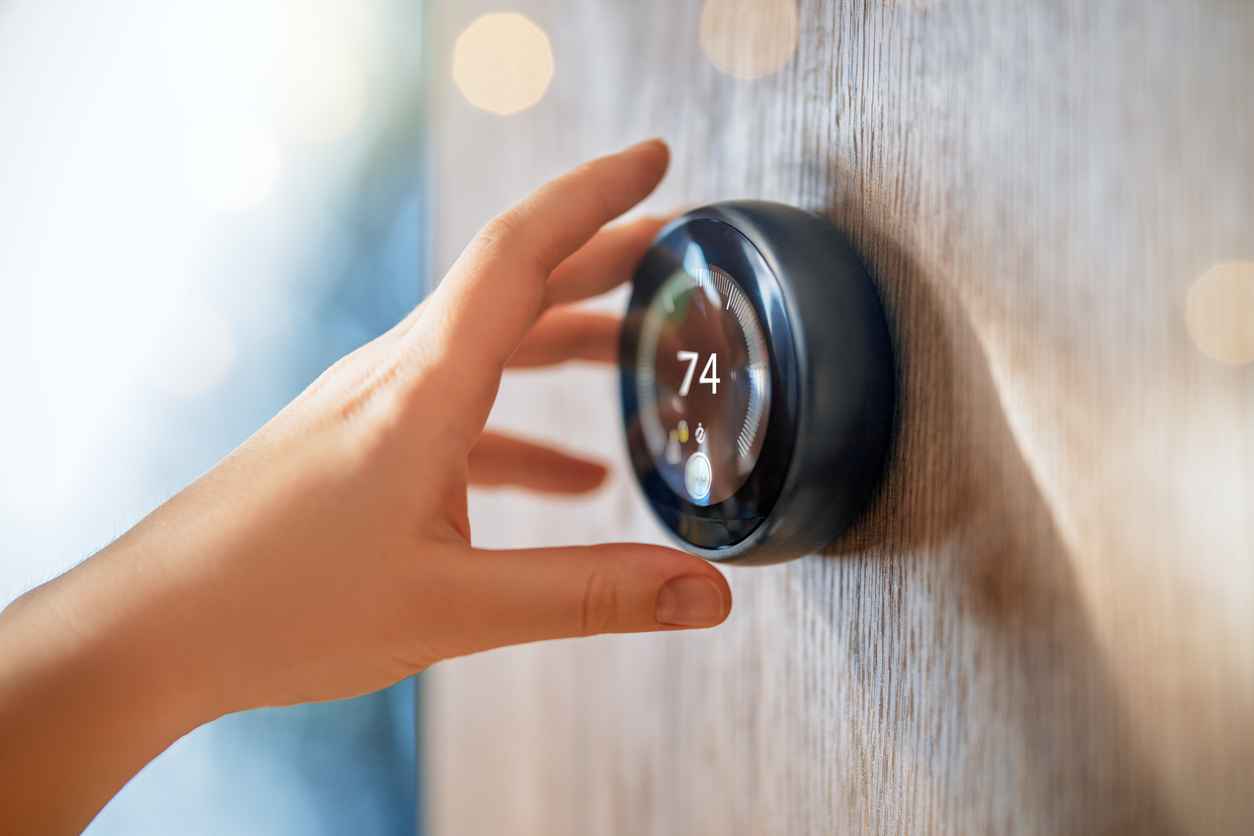
How Austin Homeowners Can Prepare Their HVAC Systems for Sudden Winter Cold Snaps
